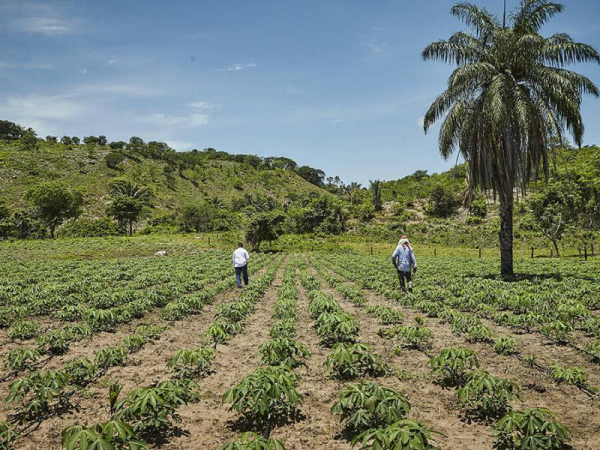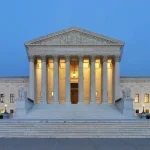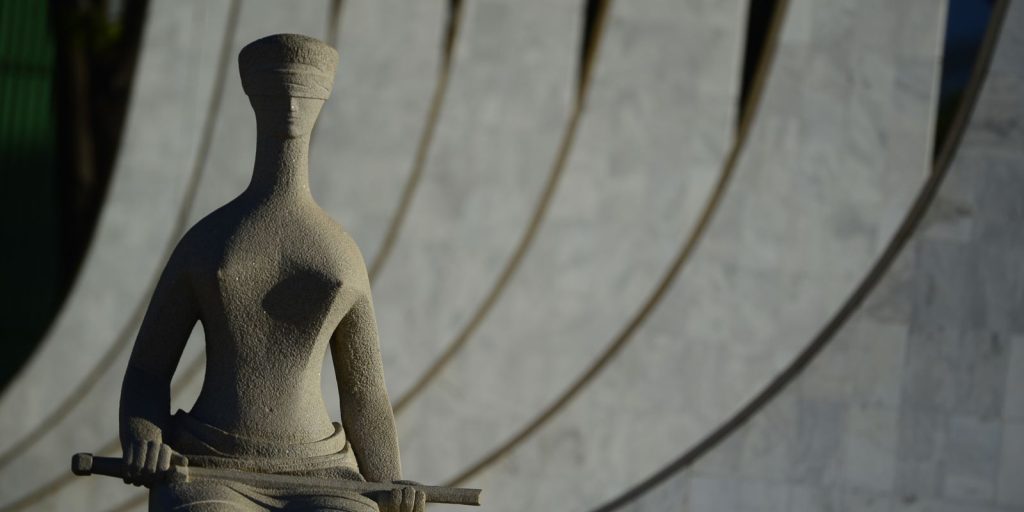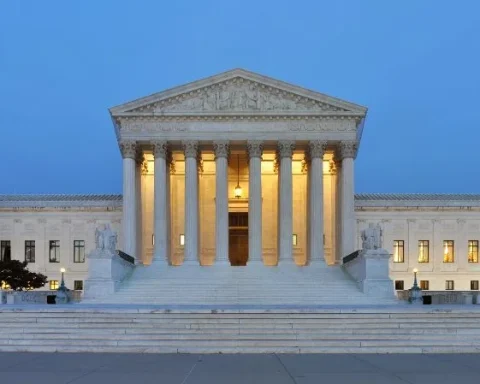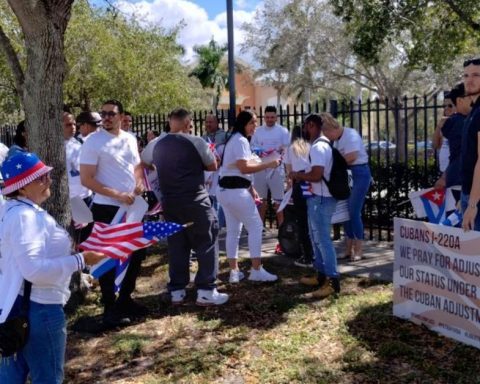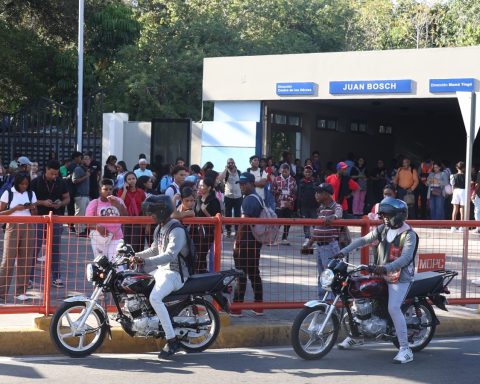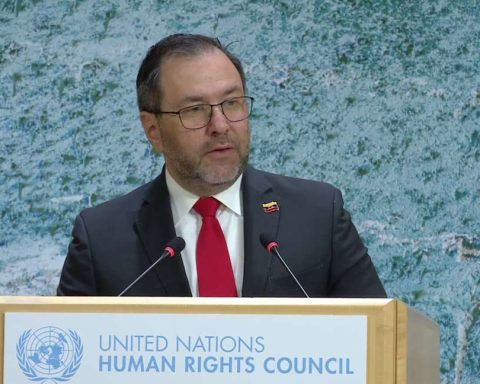The Constitutional court declared unconstitutional the numeral 6th and the paragraph 3 Article 61 of the National Development Plan of the government of President Gustavo Petroby “vices in its formation process, particularly due to the violation of the principles of publicity, consecutiveness and flexible identity“.
These sections correspond to those that modified the procedure of some processes for the clarification of the property, demarcation and recovery of vacant lands, judicial extinction of ownership over uncultivated lands, administrative expiration, condition of the subsidy, reversion and revocation of the title of vacant lands.
(You may be interested in: The millions that the Dian has generated in 2024 with the auctions it has carried out).
The previous sections received two claims of unconstitutionality, composed of four charges: two for defects in the process of forming the law and two substantive challenges.
The Court states that, initially, it had analyzed whether the principle of publicity was ignored in the second debate held in the Senate plenary session, because, according to the lawsuit, The senators did not know nor had the opportunity to know the content of the proposal through which the challenged norms were introduced to the bill.
Land Purchase
“Upon reviewing the legislative process, the Plenary Chamber found that the challenged norms were included through a proposal against the then article 55 of the bill, which was filed on April 26, 2023 in the Senate plenary and approved by block vote on May 2 of the same year. In relation to the publicity of this proposal, it was found that the publicity mechanism defined in Law 5 of 1992 was not complied with, that is, the reading of the proposal prior to its debate and approval.“, the Court mentions.
(We recommend: New legislature: what awaits Congress and the Government?).
Besides, after examining whether publicity was guaranteed by other mechanismsthe High Court found that:
1. “The explanation given by the Senate President on the proposal was neither clear nor detailed, so it did not guarantee that the senators would be able to know its scope before it was approved.“.
2. “It was not proven that the publication of the proposal on the Senate of the Republic’s website was prior to the decision and, in any case, in the procedure before the plenary session it was not announced nor were the senators informed that this mechanism would be the form of publicity at that stage.“.
3. “The intervention of the Minister of Agriculture, to which some of the interveners in the process appeal to indicate that the requirement of publicity of the aforementioned proposal was met, was made in the plenary session of the Senate in the session of May 3, 2023, that is, one day after its approval. This intervention of the minister, in addition, referred to another article of the bill, related to the repeal of Decree Law 902 of 2017.“.

Land Purchase
And, as this corporation explains, for some participants, the debate in which the Minister of Agriculture He reported on the knowledge of the proposal approved the previous day, which contained the required rules.
Nevertheless, “It was not possible to infer the senators’ knowledge of the proposal approved the previous day. Specifically, as indicated, the Court found that the debate revolved around a proposal on another article that would refer to the validity and repeals provided for in the draft Law approving the National Development Plan and there was no discussion of either the specific approval of article 55 or the issue of the elimination of the judicial phase provided for in Decree Law 902 for the development of different agrarian processes.“, the Court mentions.
(You may be interested in: The National Savings Fund is under the scrutiny of the Comptroller’s Office, why?).
Finally, the Court concluded that the filing of the proposal in the general secretariat of the Senate also did not serve as a mechanism to guarantee the principle of publicity, since, as they explain, contrary to what happened in the legislative process examined in the judgment C-134 of 2023that filing and the availability of the proposal for consultation by the congressmen was not announced to them during the process.
“Thus, the Plenary Chamber concluded that, in relation to the challenged norms, a publicity mechanism was not used to guarantee the knowledge of the congressmen and, therefore, the principle of publicity was violated, which constitutes a prerequisite for the debate and adoption of a democratic decision.“, mentions.

Constitutional court
Finally, the Court found that the defects in the processing of the challenged regulations were unremediable, because they affected “seriously” the democratic principle. Thus, these vices implied an avoidance of the debate regarding the modification of the single procedure regulated by the Decree Law 902 of 2017 for certain agricultural procedures, both in the first debate before the joint economic commissions of both chambers, and in the second debate before the plenary session of the Senate.
“Returning the law to Congress to correct the errors would mean, in practice, taking the legislative process back to the first debate so that the measure under discussion could be deliberated there. For these reasons, the Plenary Chamber declared the challenged norms unconstitutional.“, they concluded.
BRIEFCASE
